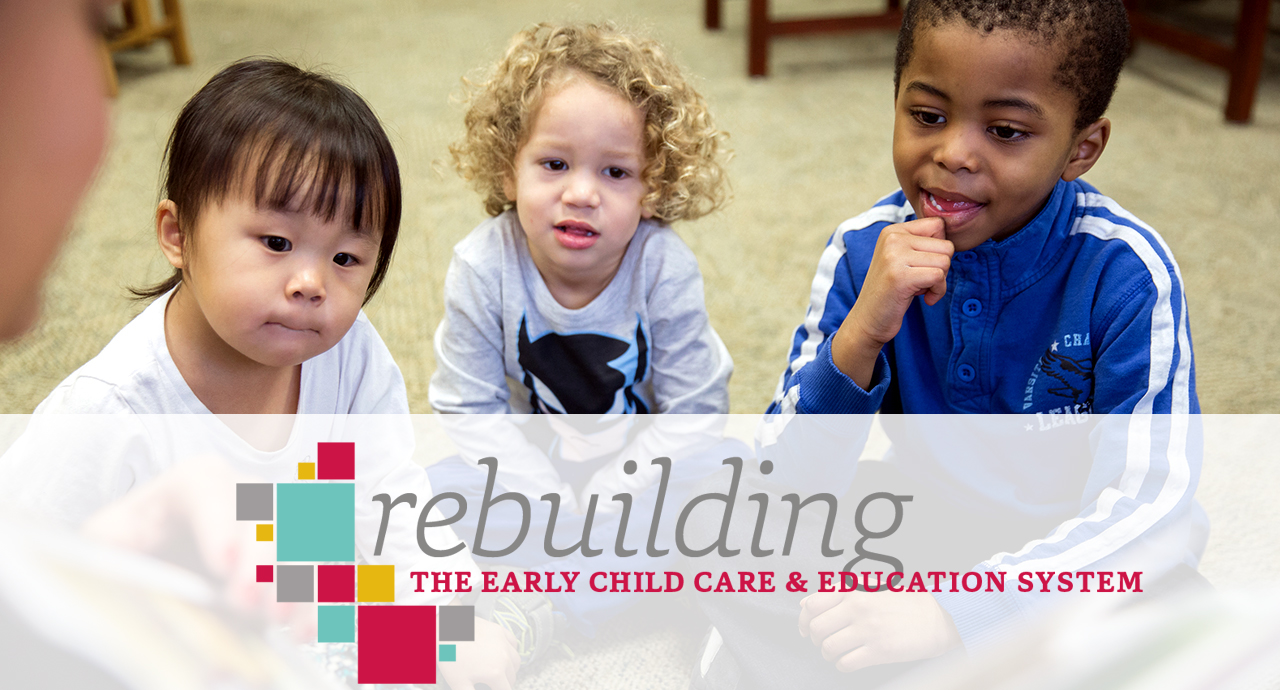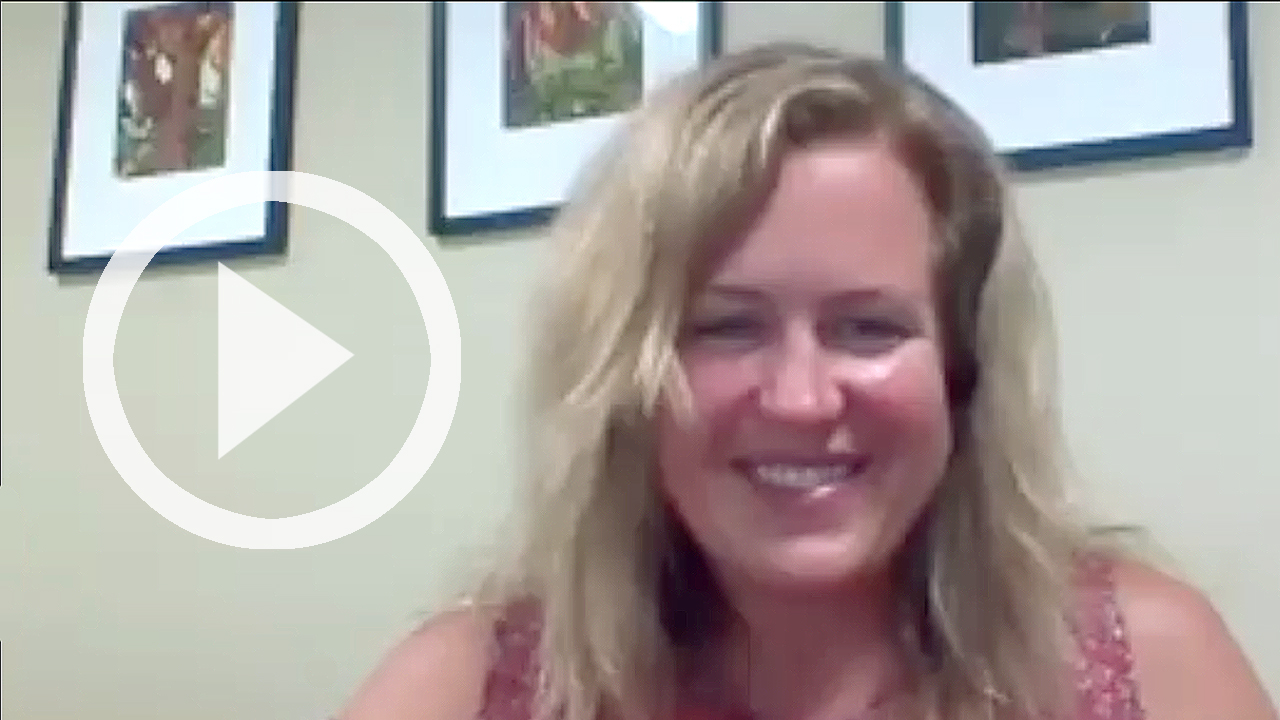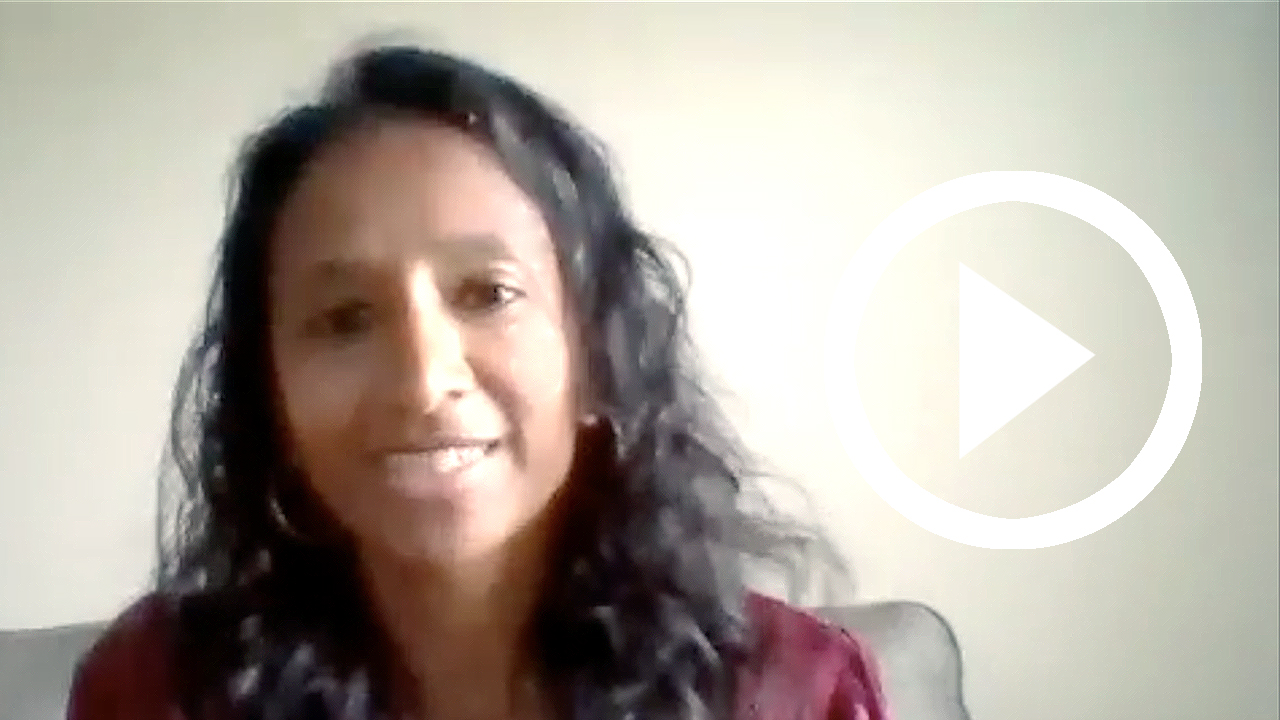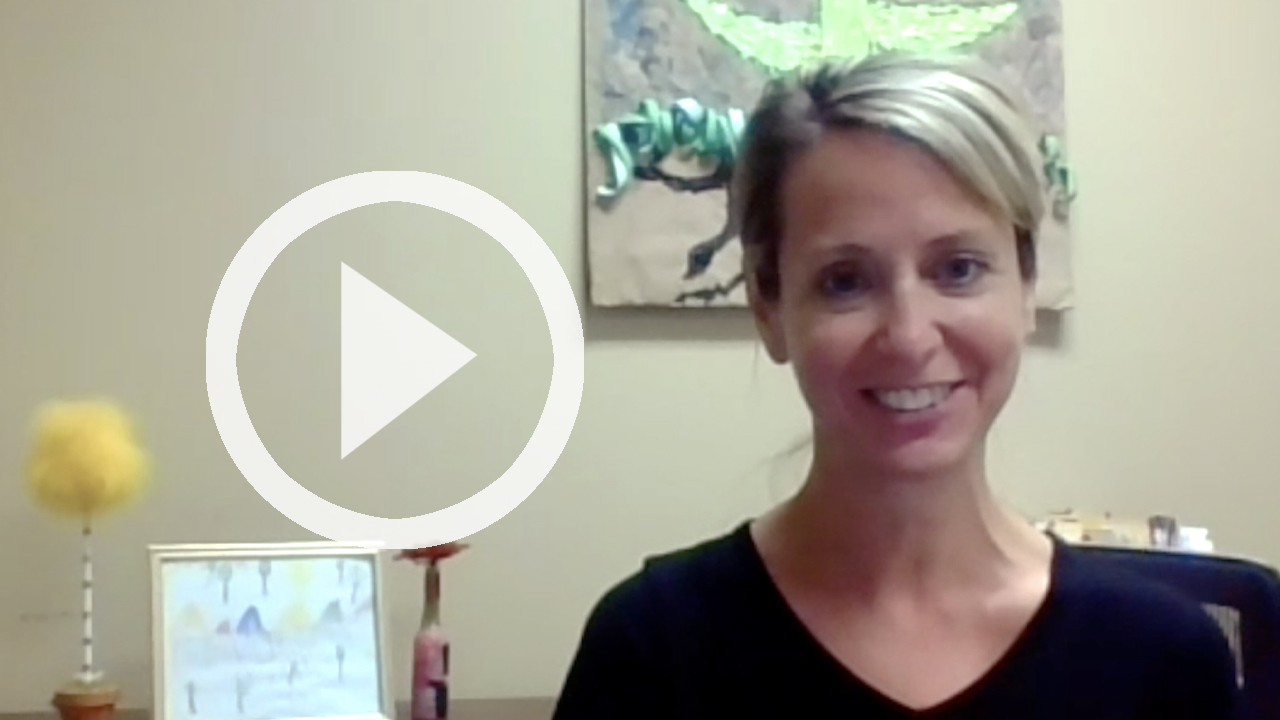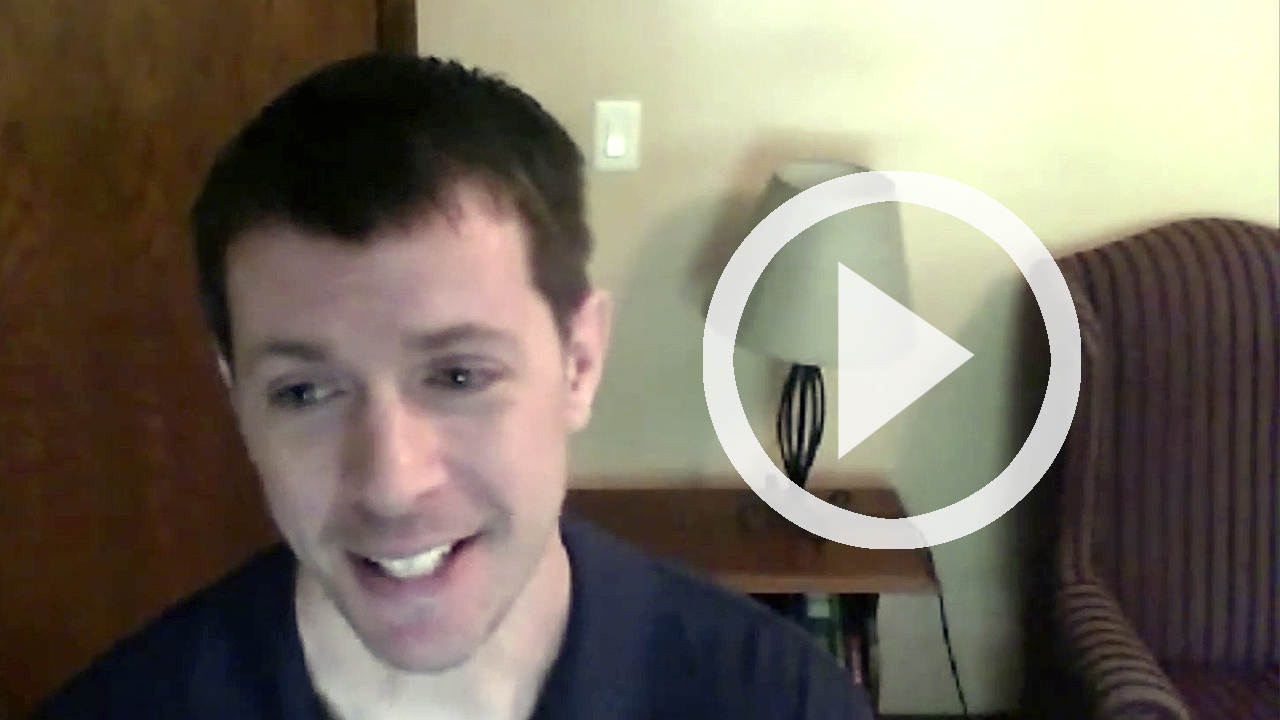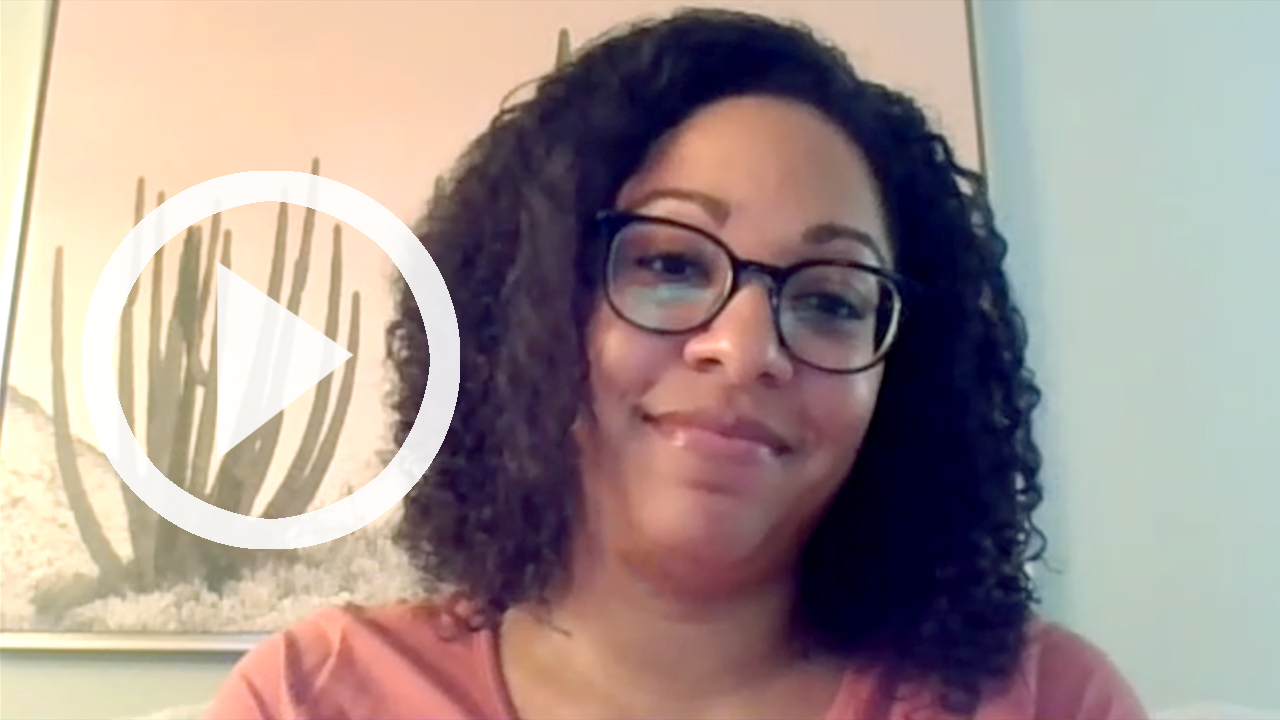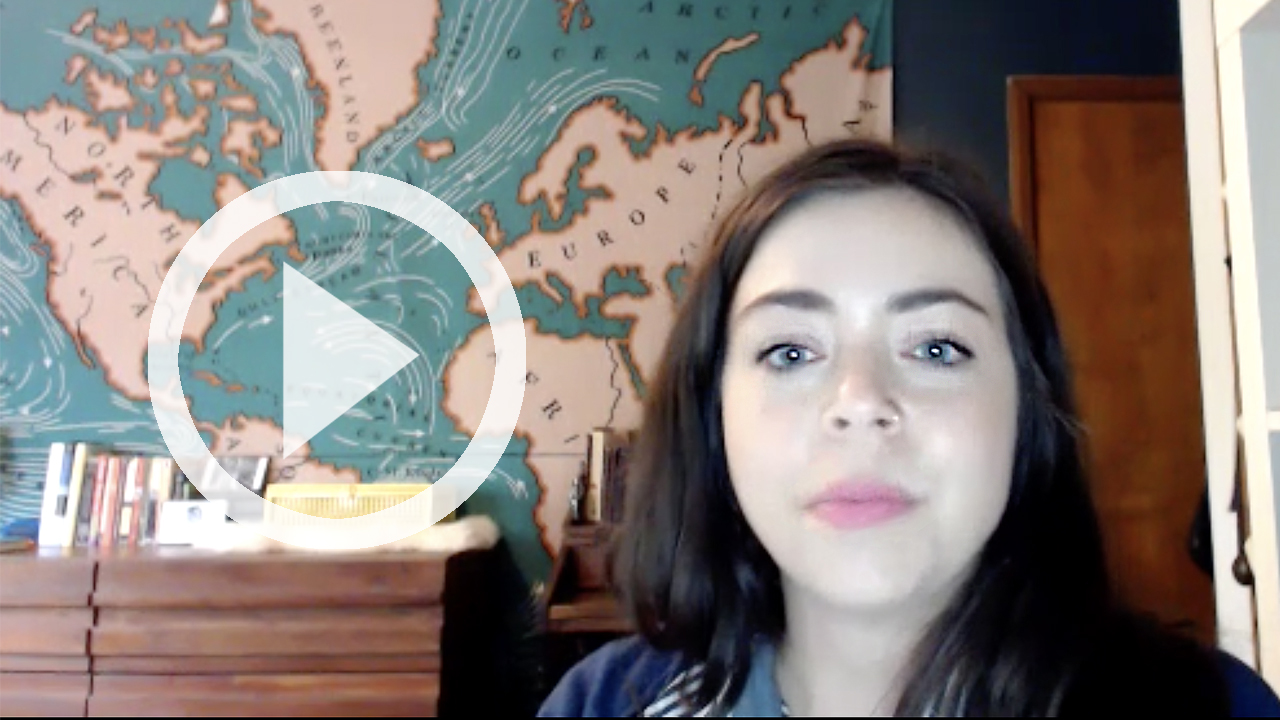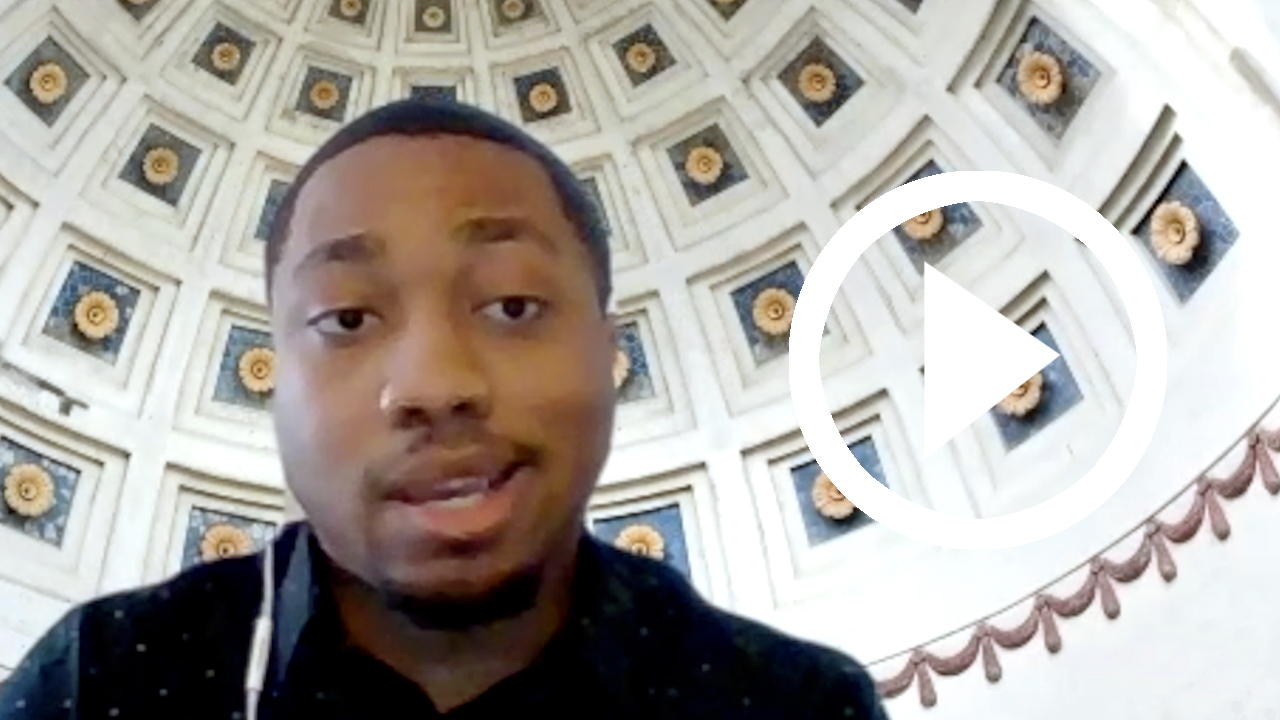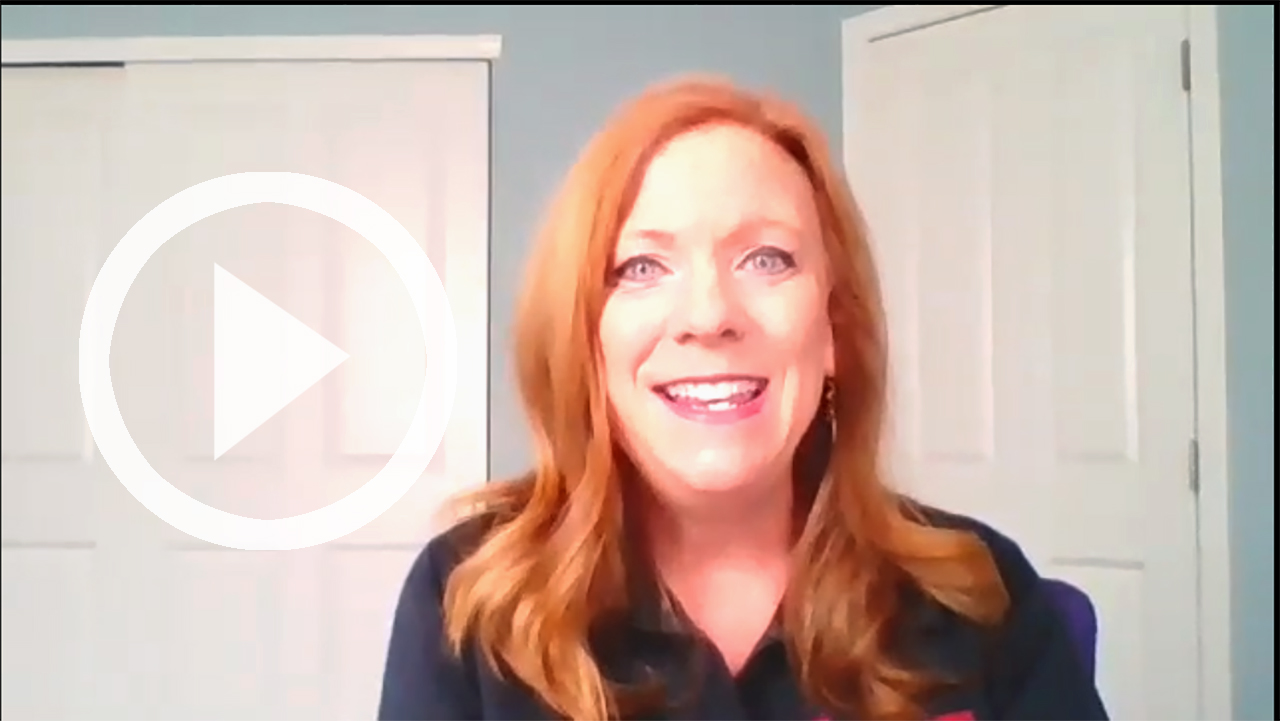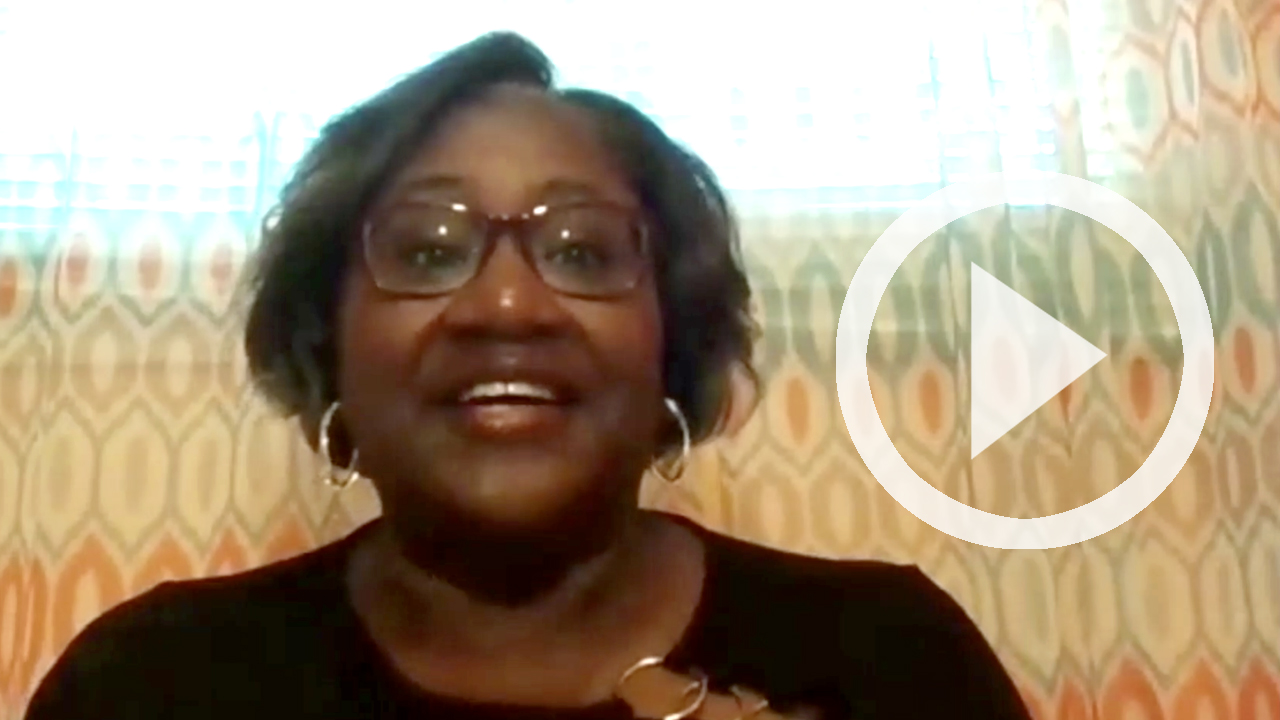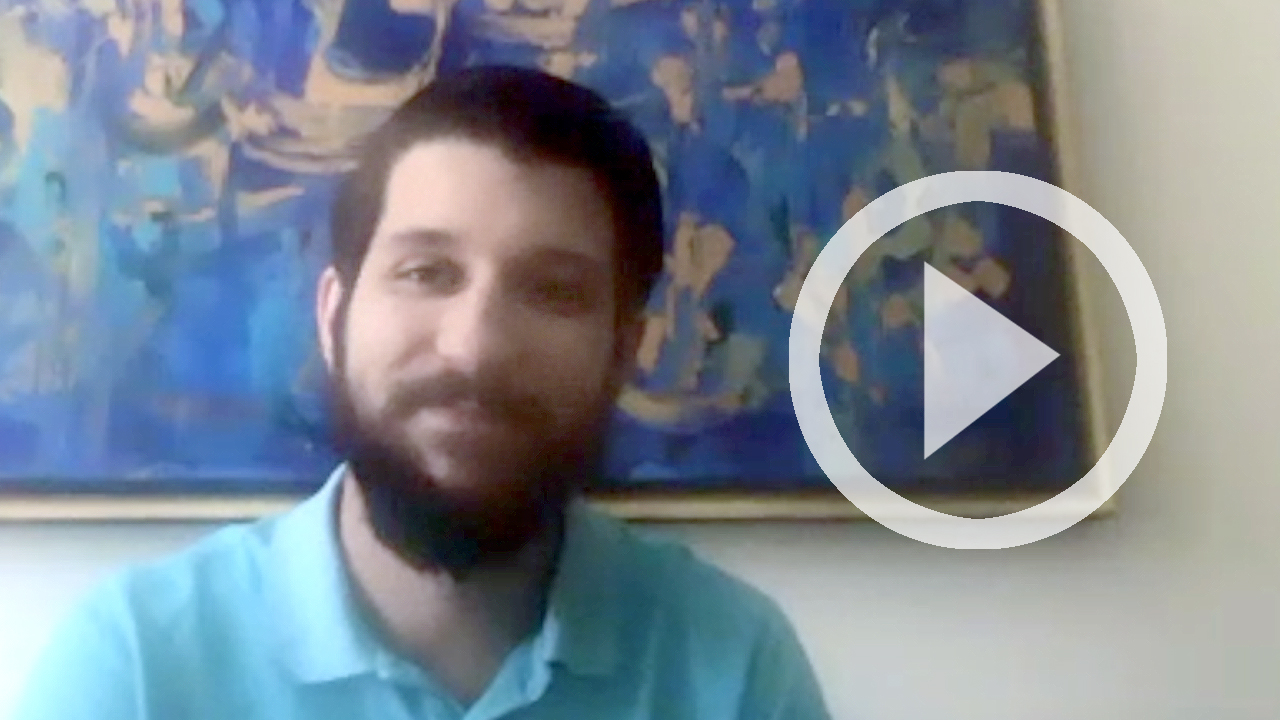Our country’s early care and education system was fractured and in crisis, even before COVID-19. The abrupt closure of many child care centers, new requirements upon opening, and challenges facing families make it even more pressing that our “rebuilding” efforts work toward a more sustainable and equitable child care system.
ARTICLES
Our Broken Child Care System and How to Fix It
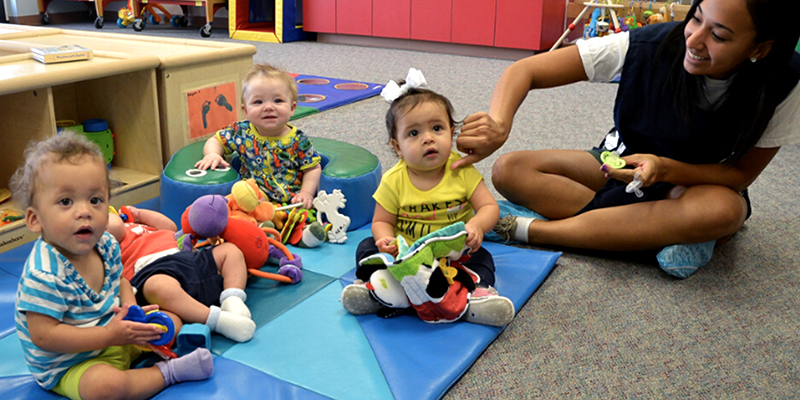
Before Coronavirus, the U.S. Child Care Landscape Was Already in Crisis
Our Broken Child Care System and How to Fix It, Part 1: In this three-part series for Early Learning Nation, our executive director Dr. Laura Justice surveys the fragmented landscape of child care in the United States, highlighting its vulnerabilities even in the best of times.
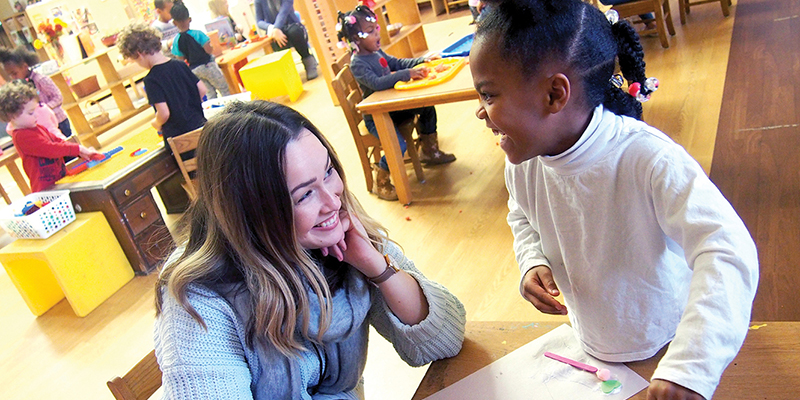
More Bad News for Child Care: The Importance of Not Looking Away
Our Broken Child Care System and How to Fix It, Part 2: Executive director Dr. Laura Justice examines how child care programs are a key part of the economic infrastructure but are also developing the nation’s brain trust of the future.
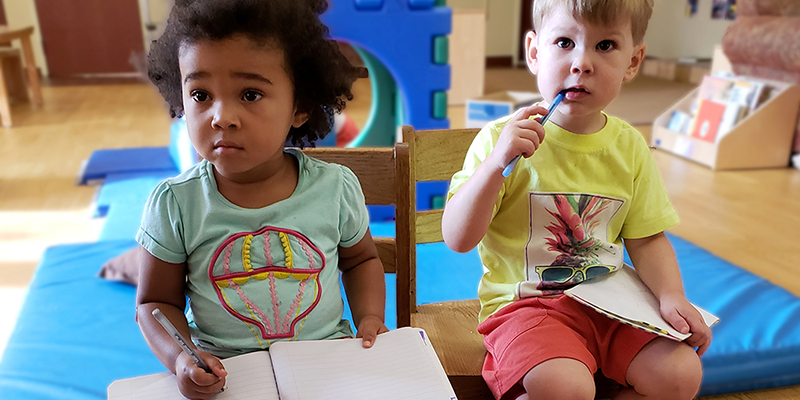
Steps to Sustainability: Fundamental Reforms to Our Systems of Child Care and Early Learning Programs
Our Broken Child Care System and How to Fix It, Part 3: The final segment examines how the many systems that make up U.S. child care are failing. Fixes that are both sweeping enough and realistic aren’t obvious, so Dr. Laura Justice asks three experts to weigh in.
VIDEOS
WEBINAR: Rebuilding Ohio’s Early Childhood Education System
Our country’s early care and education system was fractured and near-crisis, even before the pandemic and new challenges facing child care providers. This webinar discusses on what’s at stake in rebuilding Ohio’s early childhood system in the days, months, and years ahead. Moderator Dr. Laura Justice was joined by panelists: State Senator Peggy Lehner; State Representative Allison Russo; Robyn Lightcap, executive director of Learn to Earn Dayton; and Kim Jarvis, owner and director of On Purpose Academy and Mentoring Center, who discussed quality, access, racial equity, and what our leaders need to consider to ensure that the early childhood future we work toward rebuilding serves children and families better than it has in the past.
Watch the recording here or by clicking the video above.
VIDEO SHORTS: Expert Perspectives on Building a Better Early Care and Education System
*Closed captioning is available.
Global Perspectives on Early Childhood Education
Dr. Laura Justice, executive director of the Crane and Schoenbaum Centers, discusses what is distinct about the U.S. compared to other countries with respect to our investments in the birth to five space. She compares our fragmented, often income-based system with those she has studied in Denmark, Norway, and other countries with more seamless systems of care.
The Role (and Importance) of Parents
Dr. Sherine Tambyraja, senior research specialist at the Crane Center, shares her insights from research on children’s learning at home and suggests that parents can have a big impact and teach basic foundational skills even through simple shared reading sessions. She also tells us about the importance of parental self-efficacy.
The Importance of Early Education for Brain Development vs. Workforce Support
Anneliese Johnson, principal of the A. Sophie Rogers School for Early Learning in the Schoenbaum Family Center, ponders whether the pandemic has set us back in time in terms of treating early care and education as a workforce support first and foremost. She reminds us that we don’t want to lose progress on highlighting the important brain research on early childhood or the need for quality above all.
Use the sample tweets to share any of these videos, or tell us your thoughts on rebuilding (you can find us @CraneCenterOSU).
Dr. Laura Justice of @CraneCenterOSU discusses what is distinct about U.S. perspectives on birth to 5, compared to other countries w/ more seamless systems of care. Watch here: https://youtu.be/k6vDHI66VAA
![]() .@CraneCenterOSU senior research specialist Dr. Sherine Tambyraja shares insight on children’s learning at home & suggests parents can have impact & teach basic foundational skills even through simple shared reading sessions: https://youtu.be/oLW98jg-sNg
.@CraneCenterOSU senior research specialist Dr. Sherine Tambyraja shares insight on children’s learning at home & suggests parents can have impact & teach basic foundational skills even through simple shared reading sessions: https://youtu.be/oLW98jg-sNg
![]() A. Sophie Rogers School for Early Learning principal Anneliese Johnson wonders if the pandemic set us back in terms of treating early care strictly as a workforce support. She reminds us to focus on the importance of brain research & need for quality care: https://youtu.be/NI0APfl1haE
A. Sophie Rogers School for Early Learning principal Anneliese Johnson wonders if the pandemic set us back in terms of treating early care strictly as a workforce support. She reminds us to focus on the importance of brain research & need for quality care: https://youtu.be/NI0APfl1haE
Virtual Education and Children with Disabilities
Dr. Matt Brock, associate professor of educational studies in the College of Education and Human Ecology and Crane faculty fellow, discusses the looming challenges facing children with disabilities – especially in a climate where so much learning is using virtual delivery. He shares examples of what districts are doing to lend extra support, including Ohio-based programs that help parents pay for extra support services.
A Strategy for Equity
Dr. Monica Stigler, Crane Center project coordinator for PEACh, shares her insights about why we need a robust strategy that takes into account all of the social determinants of education – if we hope for a more equitable early childhood system. She reminds us that there are no silver-bullet policy solutions, but suggests expanding the child tax credit, raising the threshold for publicly subsidized child care eligibility, and looking to cities that have begun to make reparations for Black or Indigenous families, as among ideas worth looking at.
Making the Case for Investing in Early Childhood Infrastructure
Jamie O’Leary, associate director of policy for the Crane and Schoenbaum Centers, discusses her views on what is keeping Ohio from more fully investing in early childhood infrastructure. These challenges include the fact that early care and education is historically women’s work (and in need for more male champions), and the fact that at the core of this debate, are deeply held political and philosophical views in a “red” political state. She suggests the need to consider early care and education as a public good in the same way we treat K-12 education.
![]() Associate professor in @OSUEdSTudies & @CraneCenterOSU faculty fellow Dr. Matt Brock discusses challenges facing children with disabilities in a time where so much learning is virtual. Dr. Brock shares examples of what districts are doing to lend support: https://youtu.be/zTNxMR_og2E
Associate professor in @OSUEdSTudies & @CraneCenterOSU faculty fellow Dr. Matt Brock discusses challenges facing children with disabilities in a time where so much learning is virtual. Dr. Brock shares examples of what districts are doing to lend support: https://youtu.be/zTNxMR_og2E
![]() PEACh project coordinator for @CraneCenterOSU Dr. Monica Stigler shares her perspective on why we need a robust strategy that takes into account all of the social determinants of education if we hope for a more equitable early childhood system: https://youtu.be/zP2JFnC9EjY
PEACh project coordinator for @CraneCenterOSU Dr. Monica Stigler shares her perspective on why we need a robust strategy that takes into account all of the social determinants of education if we hope for a more equitable early childhood system: https://youtu.be/zP2JFnC9EjY
![]() Associate director of policy at @CraneCenterOSU Jamie O’Leary discusses what may be keeping Ohio from more fully investing in early childhood infrastructure & suggests viewing early care & ed as a public good in the same way we treat K-12: https://youtu.be/H7j2YJGMvDA
Associate director of policy at @CraneCenterOSU Jamie O’Leary discusses what may be keeping Ohio from more fully investing in early childhood infrastructure & suggests viewing early care & ed as a public good in the same way we treat K-12: https://youtu.be/H7j2YJGMvDA
The Unique Needs of Student Parents
DeVaughn Croxton, Crane Center program assistant working on CCAMPIS, discusses the unique needs of student parents, an overlooked population who faced immense child care challenges before the pandemic. While COVID-19 can create more physical distance and therefore more challenges in supporting this group of students, he offers three concrete needs that higher education should consider in order to better support student parents.
Holistic Support for Children and Families
Sherrie Sutton, director of Ohio State’s Early Head Start Partnership Program (OSU-EHS), talks about the increasing difficulties facing families when it comes to quality child care as well as meeting the full needs of young children. She shares about OSU-EHS’s partnerships as an example of the need to focus on holistic support for children and families moving forward and why we need “high quality child care slots in every zip code.”
Supporting Professional Development of Early Educators
Shelby Dowdy, program director of Schoenbaum Center’s Ready 4 Success, reiterates supporting teacher professional development needs and shares how her program moved these teacher trainings online. She highlights the immense logistical challenges facing early educators when it comes to days off and receiving the trainings they need – a good reminder for anyone not in the classroom day-to-day who may forget how much teachers are juggling.
![]() DeVaughn Croxton, @CraneCenterOSU program assistant on Child Care Access Means Parents in School program, discusses the child care challenges facing student parents. DeVaughn offers 3 suggestions for higher education to better support student parents: https://youtu.be/1hmK-P1IHUw
DeVaughn Croxton, @CraneCenterOSU program assistant on Child Care Access Means Parents in School program, discusses the child care challenges facing student parents. DeVaughn offers 3 suggestions for higher education to better support student parents: https://youtu.be/1hmK-P1IHUw
![]() Director of the OSU Early Head Start Partnership Sherrie Sutton talks about the increasing difficulties facing families, the need to focus on holistic support for children and families, and why we need high-quality child care slots in every zip code: https://youtu.be/gFELunr-Tt0
Director of the OSU Early Head Start Partnership Sherrie Sutton talks about the increasing difficulties facing families, the need to focus on holistic support for children and families, and why we need high-quality child care slots in every zip code: https://youtu.be/gFELunr-Tt0
![]() Shelby Dowdy, program director of Schoenbaum Center’s Ready 4 Success, discusses supporting teachers’ professional development and how R4S moved trainings online. Shelby highlights the logistical challenges early educators face when accessing trainings: https://youtu.be/fh4vu4EOOOo
Shelby Dowdy, program director of Schoenbaum Center’s Ready 4 Success, discusses supporting teachers’ professional development and how R4S moved trainings online. Shelby highlights the logistical challenges early educators face when accessing trainings: https://youtu.be/fh4vu4EOOOo
![]() Dr. Arya Ansari, @human_ohio assistant professor and @CraneCenterOSU faculty fellow, recommends that we pause and reassess what exactly we’re expecting early care and education programs to deliver: https://youtu.be/lGSLKtlo9_4
Dr. Arya Ansari, @human_ohio assistant professor and @CraneCenterOSU faculty fellow, recommends that we pause and reassess what exactly we’re expecting early care and education programs to deliver: https://youtu.be/lGSLKtlo9_4
Expectations of Early Learning Programs
Dr. Arya Ansari, assistant professor of human development and family science and Crane faculty fellow, recommends that we pause at this “unique juncture” and reassess what exactly we’re expecting early care and education programs to deliver. He urges caution around any expectations that early childhood programming be THE remedy for closing opportunities gaps or inequality as a whole, suggesting instead that it be complemented with other robust supports in the birth to five space as well as K-12 education.

